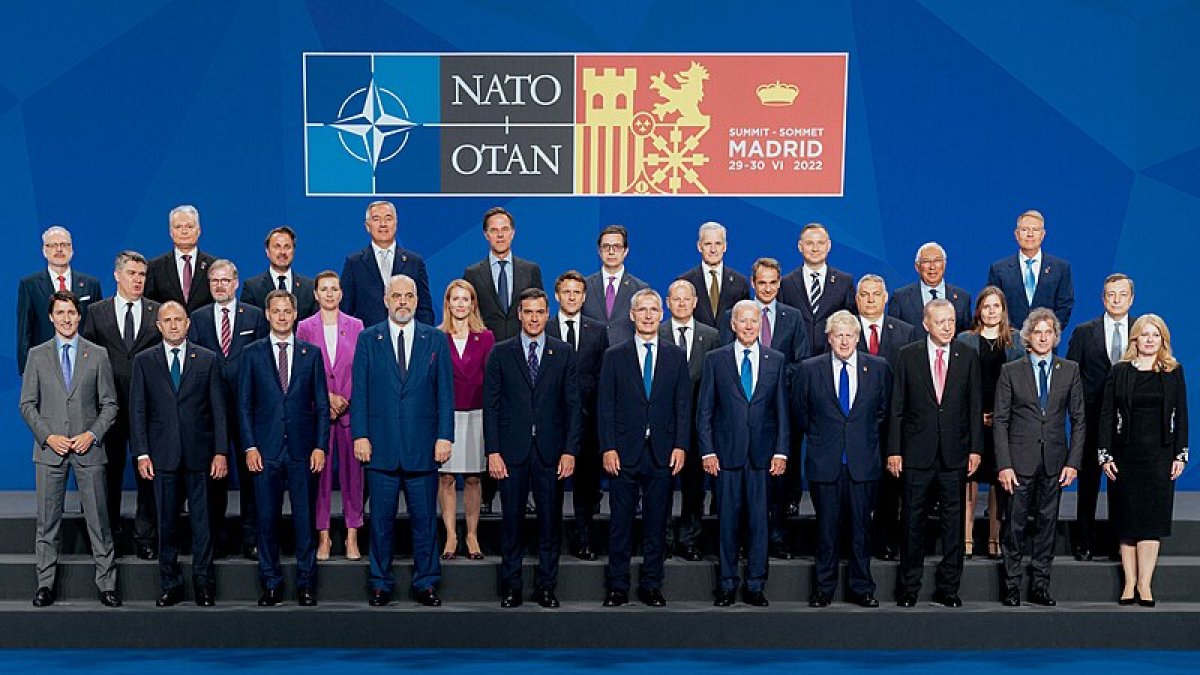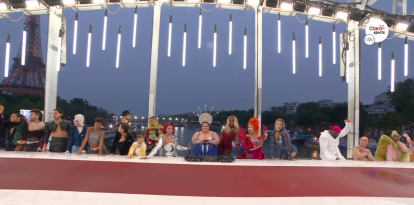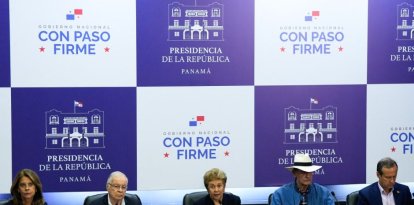NATO announces defense budget increases above 2% for 18 countries
After Russia invaded Ukraine, the alliance decided to have each country commit a minimum of 2% of its GDP to military spending.

Official portrait of NATO Heads of State and Government
NATO held a meeting at its headquarters in Brussels on Wednesday with the defense ministers of member states. At the end of the summit, Secretary General Jens Stoltenberg announced that 18 countries in the bloc will commit 2% of their country's GDP to military spending. This is a record amount and six times more than 2014.
Stoltenberg announced at a press conference in the Belgian capital,"This year, I expect 18 allies to spend 2% of the GDP on defense. That is another record number and a six-fold increase from 2014 when only three allies met the target."
In 2014, NATO set 2% of GDP as the right threshold for defense spending to make the alliance an effective and more balanced military group. Although it was set as a target and recommendation, only three countries reached that minimum that year. Since Russia's invasion of Ukraine, NATO countries have increased their military spending, especially those in Eastern Europe. "We are making real progress," Stoltenberg said. "(Member countries) are spending more. However, some countries still have a way to go."
The alliance did not disclose the list of countries that have committed to raising their military budgets above 2% of their GDP. By the end of 2022, only the United States, Lithuania, Greece, Poland, the United Kingdom, Estonia and Latvia were in compliance with the 2% of GDP dedicated to defense.
Other countries contribute large amounts of money, based on their GDP, but their percentages fell below 2%, as is the case of Germany. However, after the war broke out in Ukraine, the German government pledged to rearm its military.
Independence from the United States
Some media outlets such as AFP have insinuated that Donald Trump's latest statements may have encouraged European countries to increase their defense budgets. The former Republican president said last week that if he wins the upcoming election, European countries will not be able to count on the United States to defend them like before.
Other European politicians also called for this independence from NATO and the United States by increasing the European Union's military spending. This includes Foreign Minister Josep Borrell and French President Emmanuel Macron.

























